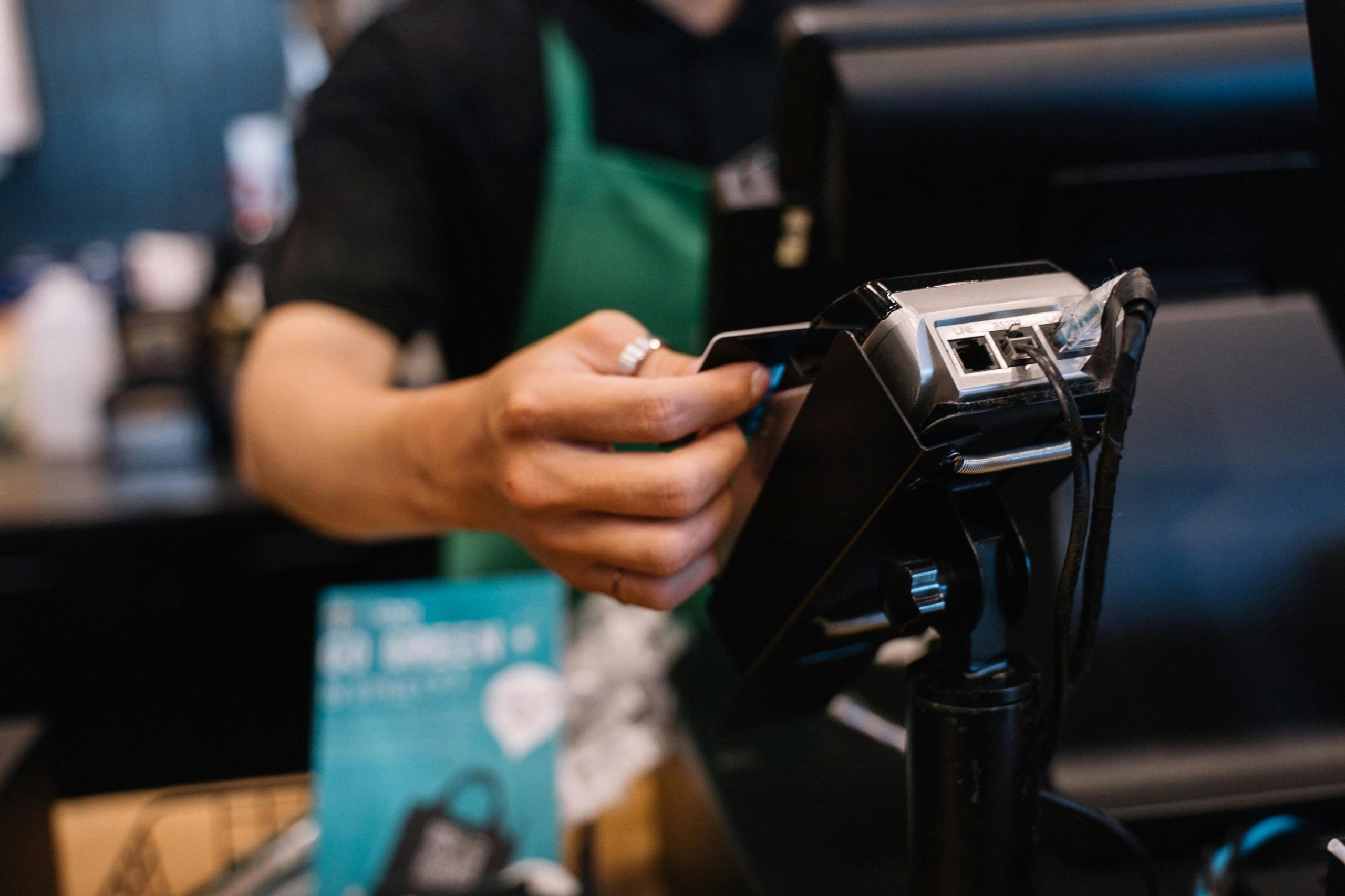Valuing a Coffee Shop: Navigating Sales Success Amidst Incomplete Accounts
Owning and operating a coffee shop can be a rewarding venture, and for my partner and me, the past four years have been filled with growth and challenges. Our journey has transformed a simple leased property into a bustling café that, this year, is on track to achieve a remarkable turnover of approximately £400,000. Through strategic renovations and operational tweaks earlier this year, we doubled our indoor seating capacity while effectively cutting costs and boosting sales with a streamlined menu.
However, amidst our business accomplishments lies a significant obstacle: our financial records. As first-time entrepreneurs, we took on the task of managing our accounts ourselves, resulting in a muddled financial picture. The lack of accurate record-keeping makes it difficult to determine our profits, especially since our transition to modern accounting software in the first two years was fraught with issues. Most of our earnings were reinvested back into the business, further complicating our financial status.
Now, with the prospect of relocating to another country, I find it crucial to get our financial affairs in order. While I have a grasp of our monthly costs—including salaries and utilities—establishing a viable selling price for our coffee shop has proven to be a daunting task. We’ve recently received inquiries from potential buyers, prompting me to explore how to accurately assess our business value.
The challenge boils down to a few key questions: How do we calculate a fair price? Should we focus solely on tangible assets, project future profits, or consider the immeasurable value of the loyal customer base we’ve cultivated? Initially, we invested around £50,000 into the business, but the undeniable worth of customer loyalty and community support is not easily quantified.
When discussing valuations, many refer to turnover metrics; however, it’s essential to note that the average coffee shop turnover in the UK is less than half of what we achieve. Consequently, we find ourselves positioned within the top 10% of independent coffee shops in the nation—a significant achievement that warrants careful consideration in our valuation process.
As we chart our next steps, I am committed to organizing our accounts and am eager to learn more about effective valuation methods. Whether calculating projected profits over the coming years or determining a fair market price based on starting anew, it is clear that valuing our coffee shop is a multifaceted challenge.
Exploring these avenues will not only equip us with the insights needed for a successful sale but also help determine the true










2 Comments
What an enlightening post! It’s inspiring to see how you’ve transformed your coffee shop into a thriving establishment. When it comes to valuing your business, I believe considering multiple valuation methods will provide the most comprehensive picture.
One approach you might find useful is the **Income Approach**, which entails projecting your future cash flows and discounting them to present value. This method allows potential buyers to see the profitability potential of your coffee shop, not just your sales figures. Additionally, you mentioned the importance of your loyal customer base; factors such as customer loyalty, community engagement, and brand reputation can significantly enhance your business’s intangible value. Including them in your discussions with potential buyers might justify a premium on your asking price.
Furthermore, engaging a professional appraiser or accountant who specializes in small businesses can help clarify your financial situation and identify the strengths of your business model beyond just the numbers. They can also guide you in cleaning up your accounts, which can make a significant difference not just for valuation but for your peace of mind as you prepare for your next chapter.
Lastly, consider a **Market Approach**, where you compare similar businesses sold in your area. This can give you a baseline for what buyers might be willing to pay, especially considering your impressive sales record.
Best of luck as you navigate this exciting transition! Your commitment to understanding the valuation process will undoubtedly pay off in the end.
This is a fascinating and common challenge faced by many small business owners, particularly when managing rapid growth alongside incomplete financial records. Given your strong sales performance and prominent market position, you might find it valuable to consider an under-the-hood approach to valuation.
While turnover and asset-based metrics provide a useful starting point, in your case, incorporating multiple valuation methods—such as projected EBITDA or cash flow analyses—can offer a more comprehensive picture. Additionally, don’t underestimate the substantial value of your loyal customer base and community engagement; these elements often translate into future revenue stability and can be factored into goodwill calculations.
Regarding your incomplete accounts, I recommend engaging a professional accountant or business valuator experienced in hospitality businesses. They can help you clean up your financials, identify hidden value, and develop realistic forecasts based on actual data. This process might seem daunting now, but establishing clear and accurate records will significantly enhance your ability to set a fair price and attract serious buyers.
Ultimately, a well-rounded valuation that recognizes both tangible assets and intangible brand strength will provide a solid foundation for your next chapter—whether that’s relocating or passing on your business. Wishing you the best of luck in this exciting transition!